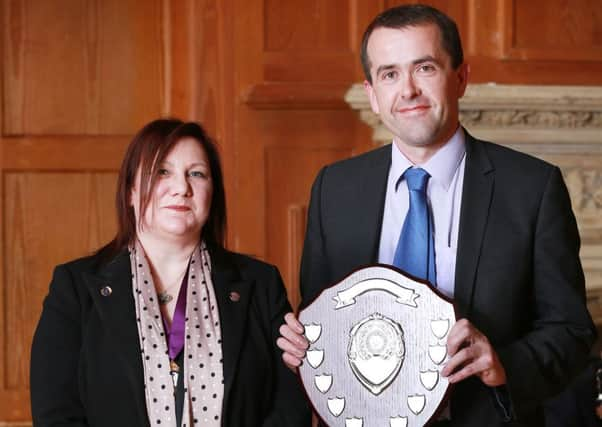Planning ahead to cut or eliminate Inheritance Tax


While it is very easy to plan to reduce or eliminate Inheritance Tax altogether, provided planning commences more than seven years before death, it is more difficult if the planning is left late.
As a general rule of thumb, all life insurance policies and pension funds should be written in trust so that Inheritance Tax will not be charged on these assets. Very often these policies were not written in trust when they were set up, but trusts can be added at a later date at a minimal cost when compared to the potential tax savings.
Advertisement
Hide AdAdvertisement
Hide AdAny surplus income can be gifted, as long as there is an intention for the gifts to be regular. On top of this there is an annual gifting allowance of £3,000 which can be backdated for one year if wasn’t used in the previous year.
If life expectancy is less than seven years, then one of the big opportunities for reducing potential Inheritance Tax is by investing in assets that qualify for business property relief (BPR). Companies such as Octopus Investments specialise in constructing investment portfolios that qualify for BPR and are exempt from Inheritance Tax provided they have been held for the two years prior to death. The two-year qualifying period can be waived entirely for business owners who sell qualifying business assets that they had owned for at least two out of the last five
and reinvest the proceeds in a qualifying BPR investment portfolio. In theory, for business owners, this would still be effective if it was done one day before death.
In many cases these BPR portfolios invest in small companies that are listed in the Alternative Investment Market (AIM). While the FTSE 100 is the part of the market that has the largest UK companies, AIM has the smallest companies. Careful consideration should be made before investing in this market, even if it means a 40 per cent tax saving after two years, as the market tends to be higher risk than the FTSE 100.
Advertisement
Hide AdAdvertisement
Hide AdDavid Hill is a Chartered Financial Planner and Independent Financial Adviser at Hills Financial Planning, 15 Agnew Street, Larne. He can be contacted on 028 28276814 or by email: [email protected]